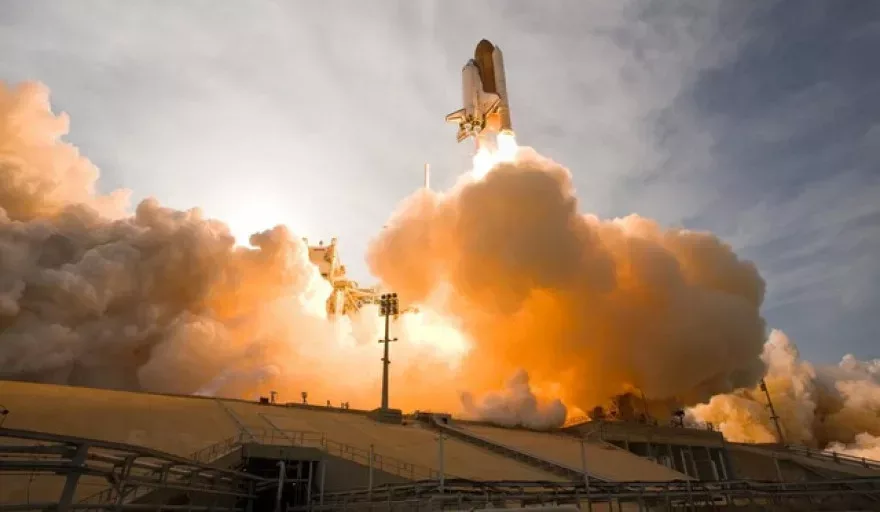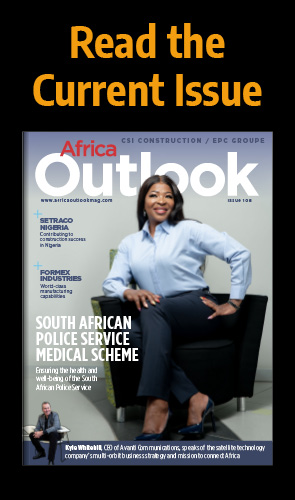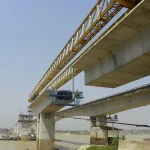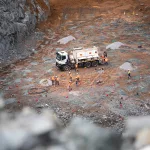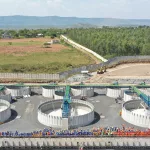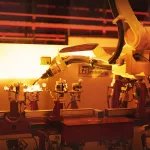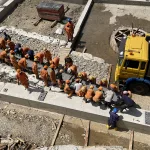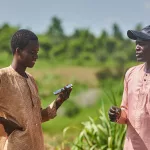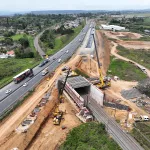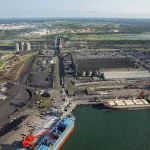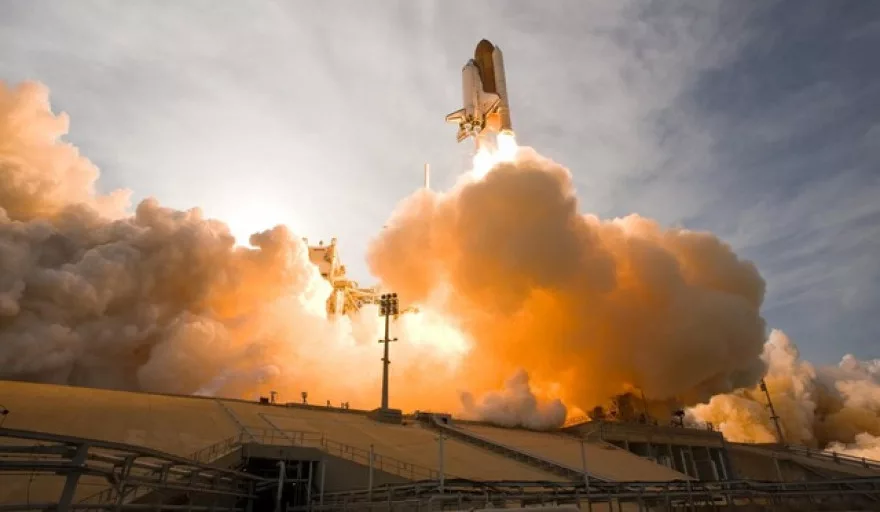
Humans have been fascinated by space for thousands of years.
From the first astrological charts created by the Babylonians in the second millennium BC to the discovery of Mars in the 1600s and launch of the Sputnik mission in 1957, the universe has forever been a source of intrigue.
Is there life to be found beyond Earth? How long will the sun support our existence? What other planetary formations and galaxies exist beyond the solar system and Milky Way?
While these are the sorts of questions that have fuelled rigorous debate throughout human history, much attention nowadays is paid to the astronomical commercial opportunity to be reaped from outer space.
Today it represents one of the most lucrative industries globally. Valued at $360 billion in 2018, the space sector is projected to grow at an annual average of 5.6 percent and reach $558 billion by 2026, driven in no small part by the massive demand for nano-satellites and re-usable launch vehicle systems from the likes of China, the USA, Russia and the European Union.
In Africa, the space industry is somewhat smaller but one that is developing fast given its comparatively lower spend.
This spend is not insignificant, however. According to Space in Africa, around $3 billion has been spent on space projects across the continent since the launch of NILESAT 101 by Egypt in 1998, defying the view that Africa is home to little or no space activities.
South Africa has emerged as something of a regional flagbearer. While the exact size of the country’s space industry is unclear, the national aerospace sector as a whole is worth $1.8 billion, and many commentators believe it is a sector primed for growth.
“South Africa has one of the oldest space agencies in the world and has always been an active role player in the global space sector,” comments Davis Cook, CEO of the Research Institute for Innovation and Sustainability (RIIS), an innovation consultancy that works closely with the South African National Space Agency (SANSA).
“Although still relatively small, the SA space sector is well positioned for significant growth in future. The availability of highly skilled engineers, data scientists and other innovators with a good understanding of African, emerging market challenges, means that we have a higher probability of solving real local issues.”
A universal influencer
The explosive growth of space monetisation can be largely attributed to the enormous variety of use cases being explored and developed.
Be it telecommunications, GPS, mapping or data access, there is barely an aspect of the modern world that is not in some way impacted by extra-terrestrial technologies.
SANSA’s ambition is for South Africa to become a recognised player globally over the course of the next decade. Mandated in 2008 by the country’s government, it is recognised as the primary, but not sole implementer of South Africa’s National Space Programme to direct the government’s investment in space science and technology.
Cook describes some of the collaborative work which is helping to realise this mandate. “Through SANSA’s Earth Observation (EO) challenges we help to identify novel uses for space technology,” he explains.
“Over the last few years, we have helped organisations solve problems as diverse as human rights, logistics, land ownership, communicable diseases, banking and insurance, agriculture, and even video games. All of this is achieved through a combination of data acquisition, data analytics, and the development of platform-based data delivery systems for EO data.
“The role that space sciences, and earth observation in particular, can play in solving social, environmental and economic problems is unmatched. It is therefore critical that we as a group build a collaborative, open space technology ecosystem across South Africa and Africa.”
The EO programme is the primary way in which RIIS assists SANSA in building an innovative and entrepreneurial ecosystem for the country’s space industry.
“RIIS has delivered a series of innovation programmes every year since 2015, focused on identifying promising technologies and entrepreneurs working in earth observation and space sciences,” Cook continues.
“Over this time, more than 70 innovators and technologies were identified, received training, and have been further supported in growing successful businesses together with various partners such as Airbus and DigitalGlobe.”
Supporting startups
The most recent EO Challenge organised by RIIS saw more than 20 entrepreneurs develop technologies across three major focus areas which have been crucial elements of the UN’s Sustainable Development Goals – land use and planning, water security, and agriculture and food security.
From here, the startups will be further supported with DigitalGlobe’s GBDX Platform to provide high resolution multi-spectral data to further their activities.
“With new launch capabilities being developed from such diverse organisations as SpaceX and Rocket Labs, the diversity and number of space-based platforms is only likely to increase dramatically in future,” says Cook.
“Our ability to develop and design solutions that utilise these platforms to solve our own developmental and economic needs is therefore critical, and these will be best addressed through the development of local technology entrepreneurs.”
And it is this nurturing of local space-based innovation which Davis believes will lead South Africa to a global standing in the future.
An optimist for the coming years, he concludes: “I think the SA space sector has enormous potential – it is the most advanced such sector on the African continent, and with access to the best infrastructure and data architecture.
“We have all the ingredients for success, but need to add to it political will, ambitious innovators and dynamic entrepreneurs. We have all three, and so my view is that the sun is just beginning to rise on this industry.”

